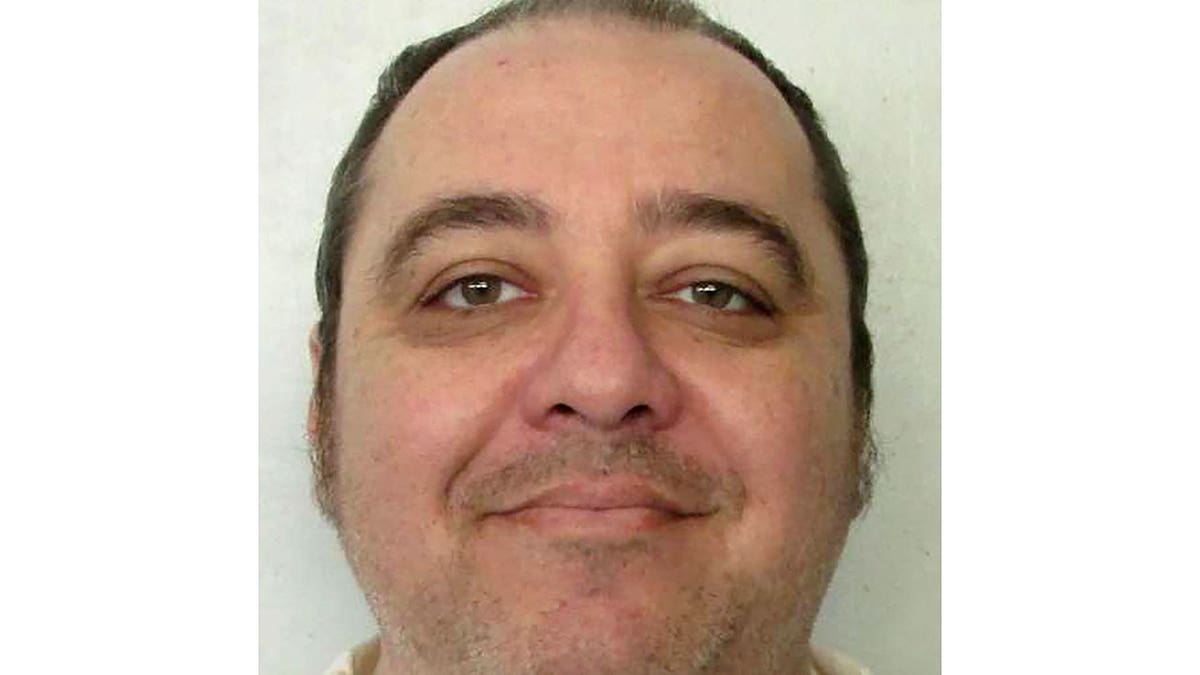Fox News Flash top headlines for January 24
Fox News Flash top headlines are here. Check out what's clicking on Foxnews.com.
The U.S. Supreme Court has denied a stay for an Alabama death row inmate scheduled to be put to death with nitrogen gas.
Alabama intends to execute Kenneth Eugene Smith, 58, by nitrogen hypoxia on Thursday. The controversial method has never been used in the U.S. Smith alleged his sentence should not be carried out over the potential for the state to botch the procedure following a failed first attempt to put him to death.
"The application for stay of execution of sentenced of death presented to Justice (Clarence) Thomas and by him referred to the Court is denied," the denial from the high court states.

Kenneth Eugene Smith was convicted in a 1988 murder-for-hire slaying of a preacher's wife. He is slated to be the first American inmate ever executed by nitrogen hypoxia. (Alabama Department of Corrections via AP, File)
No justice publicly dissented.
Smith will be executed for the 1988 murder-for-hire slaying of a preacher's wife, Elizabeth Sennett, who was stabbed multiple times. Her husband, Charles Sennett Sr., killed himself when the investigation focused on him as a suspect.
Smith's accomplice in the murder, John Forrest Parker, was convicted for the slaying and executed in 2010. Smith was nearly executed in November 2022 by lethal injection, but the procedure was botched.
His attorneys have said Alabama is trying to make him the "test subject" for an untried execution method after he survived the state's previous attempt to put him to death by lethal injection. They claimed in court filings that a second attempt to put Smith to death would amount to double jeopardy.
During the execution, a respirator-like mask will be placed over Smith's nose and mouth. Breathable air will gradually be replaced with nitrogen gas, causing the inmate to die of a lack of oxygen — in theory, without the painful sensations of being unable to breathe.

(Alabama Department of Corrections via AP | AP Photo/Sue Ogrocki, File )
The state predicted in court filings that the gas will cause an inmate to lose consciousness within seconds and cause death within minutes.
Critics of the untested method say the state can't predict what will happen and what Smith will feel after the warden switches on the gas is unknown.
The Associated Press contributed to this report.



